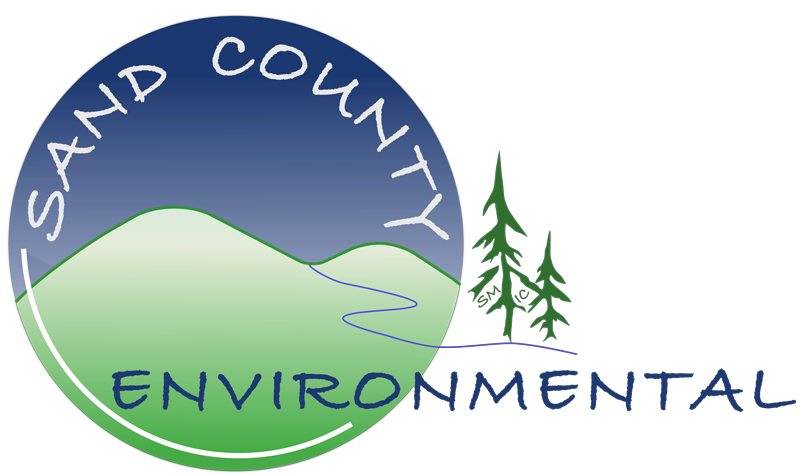
Serving Clients Nationwide
Sand County Environmental, Inc., is a nationally-recognized environmental engineering firm providing a full array of phytoremediation and traditional remediation solutions to private and public service sectors. Our work is most often conducted for owners of landfills, lenders, retail and wholesale agricultural chemical storage facilities, local and state governments, and other property owners where soil, groundwater, or stormwater management issues are of concern.

1 CommentsComment on Facebook